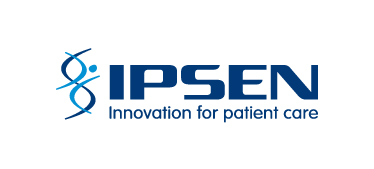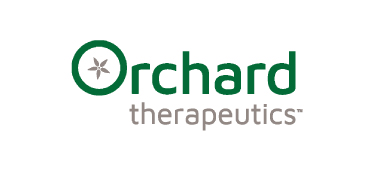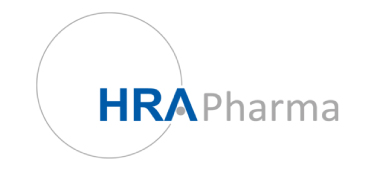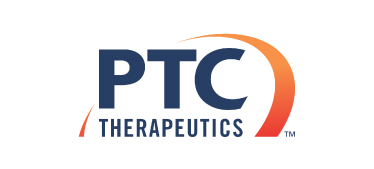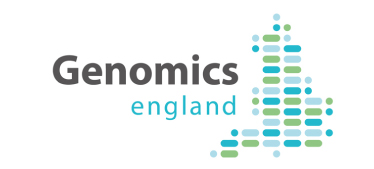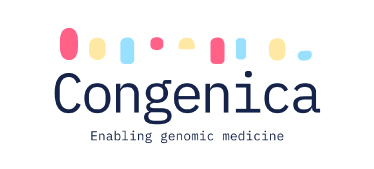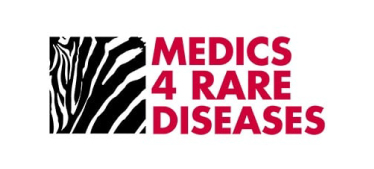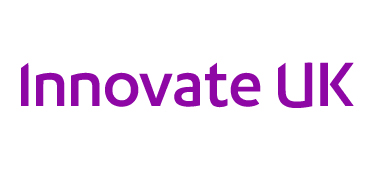Accelerating rare disease
detection & treatment
We’re building the future of digital disease detection & diagnosis for healthcare
We enable doctors to identify rare & hard to diagnose diseases so they can help patients earlier
The long road to diagnosis presents one of the greatest challenges affecting rare disease patients.
The long road to diagnosis presents one of the greatest challenges affecting rare disease patients.
For patients to access life-altering treatment they must first receive a diagnosis.
Our technology integrates with existing primary care clinical systems, scanning patient health records against clinically validated detection algorithms for rare & hard to diagnose diseases
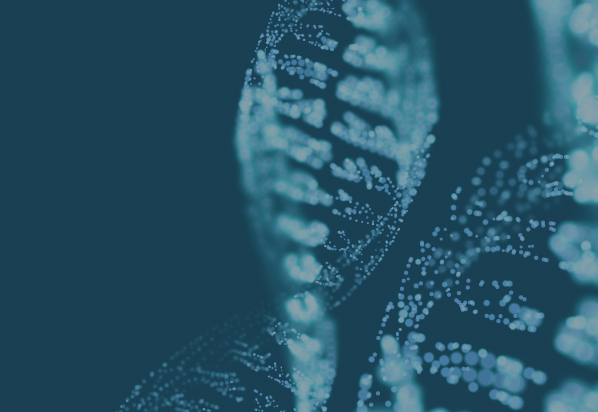
Advancing rare disease treatment
Learn how Mendelian is partnering with industry

Early detection programs
MendelScan has been proven to enable effective early identification of complex rare disease symptoms on average, 4.4 years earlier than standard care. We are working with industry to add new diseases to our platform.
Powering studies with cohort Identification
Mendelian is working with key industry partners to transform access to genetic testing and accelerating development of rare disease treatments.
We’d like to find these patients and get them the testing they need to open up new treatment options.”
Advancing science with biomarker Validation
Mendelian is collaborating with development and clinical experts to understand early disease phenotypes.
Advancing rare disease treatment
Learn how Mendelian is partnering with industry

Early detection programs
MendelScan has been proven to enable effective early identification of complex rare disease symptoms on average, 4.4 years earlier than standard care. We are working with industry to add new diseases to our platform.
Powering studies with cohort Identification
Mendelian is working with key industry partners to transform access to genetic testing and accelerating development of rare disease treatments.
We’d like to find these patients and get them the testing they need to open up new treatment options.”
Advancing science with biomarker Validation
Mendelian is collaborating with development and clinical experts to understand early disease phenotypes.
MendelScan is integrated with existing NHS
primary care clinical systems


Mendelian an EMIS & TPP approved data partner
MendelScan is currently being implemented in over 50 NHS practices and delivering benefit to over 1 million patients, with a further roll out to 4 million in 2021.
Mendelian has also been selected as a Primary Care partner to NHS Genomic Medicine Service Alliance (GMSA) to establish Primary Care to Genetics Screening pathway for 20 million patients.
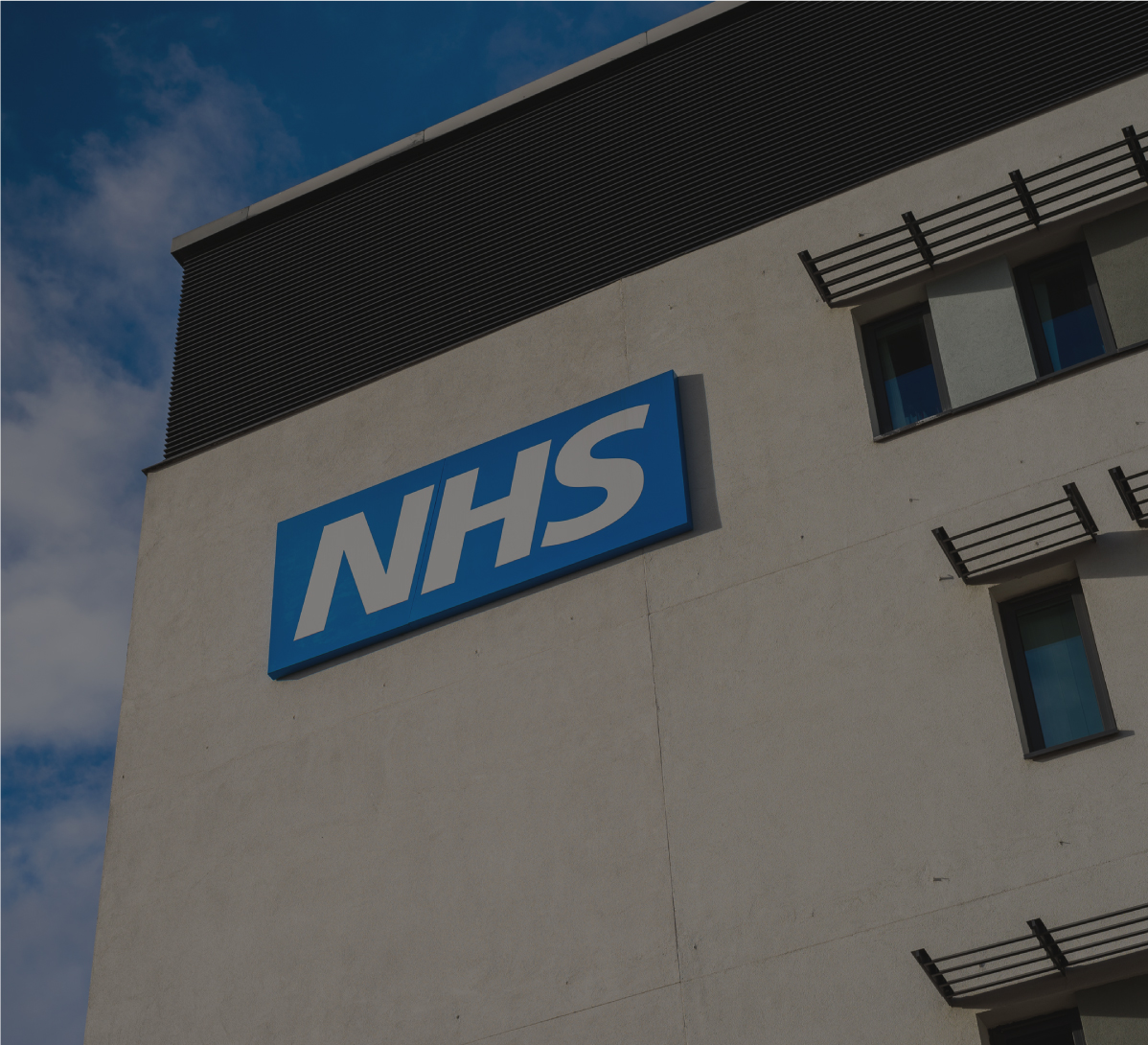
Talk to us about how we are working with the
Pharmaceutical industry to support patients with rare disease
Our technology,
How MendelScan works






Seamless integration

Detecting the undiagnosed

Clinical expertise

Diagnostic pathways

Reducing clinical burden
Working in partnership

